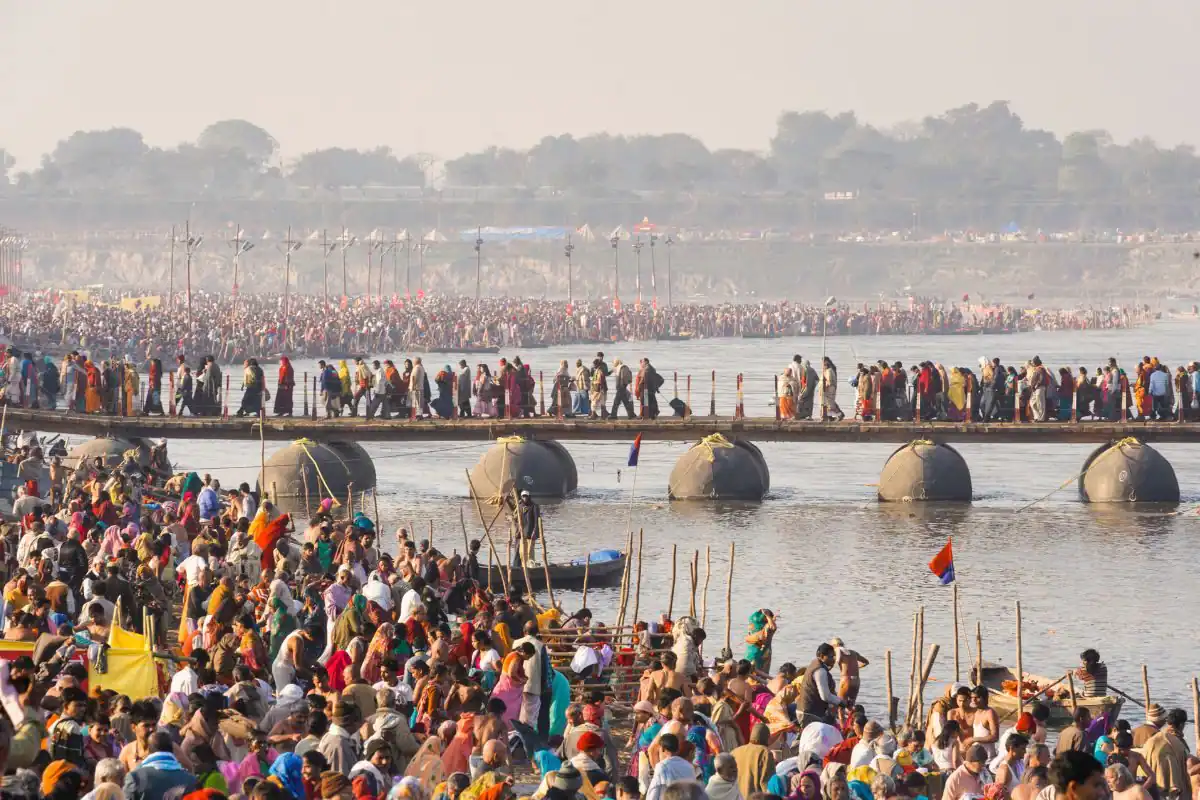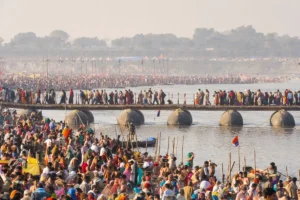The report “World Air Quality Report 2023 – Region & City PM2.5 ranking” used most of the data from low-cost sensors (LCS) which are not used by countries for regulatory purposes. Further, the method of measurement and instruments used differ from country to country. The data from a variety of monitors and data sources may have a degree of error /uncertainty. Therefore, ranking of countries/cities for pollution levels may not be appropriate.
MoEF&CC conducts Swachh Vayu Sarvekshan – ranking of 131 cities covered under National Clean Air Programme (NCAP) among three groups categorised based on population. Delhi ranked ‘9’ in the group of 47 cities having population more than 10 lakh for taking air quality improvement measures under NCAP.
Ministry of Environment Forest & Climate Change (MoEF&CC) launched NCAP in January 2019, which is a long-term, time-bound national level strategy for prevention, control and abatement of air pollution. Under NCAP, it has been envisaged to achieve targets of 20 to 30% reduction in Particulate Matter (PM) concentrations by 2024 in 131 cities of 24 States/UTs with respect to base year 2017. Subsequently, the target has been revised to achieve up to 40% reduction or achieve National Ambient Air Quality Standards (NAAQS) in terms of PM concentrations by 2025-26. Cities are provided with funds to support implementation of City Action Plans for taking measures to improve air quality. All 131 cities/ULBs have prepared the City Action Plans under NCAP.
Under NCAP, an amount of Rs. 19,614.44 crores have been earmarked to 131 cities during the period FY 2019-20 till FY 2025-26 out of which 49 Million Plus Cities/Urban Agglomerations are funded under XVth Finance Commission air quality grant and remaining 82 cities are funded by MoEF&CC under Control of Pollution Scheme. So far, an amount of Rs. 11,211.13 crores were released to 131 cities to implement City Action Plans in their respective cities.







